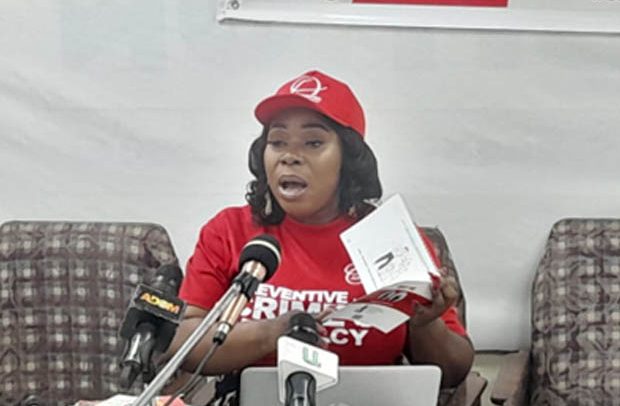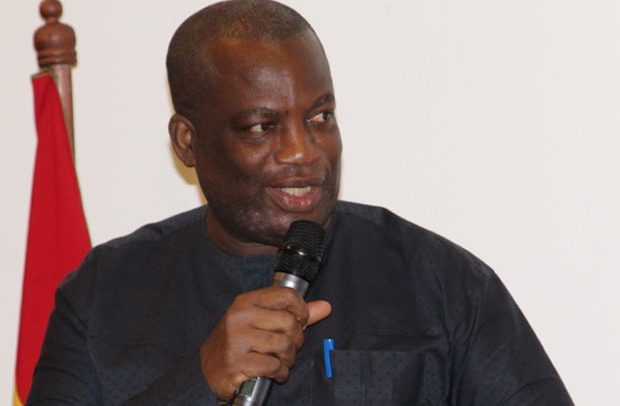
The Bawku West District Assembly has said it would continue supporting and collaborating with mandated institutions in the campaign against corruption.
By this the District Assembly would help the Commission for Human Rights and Administrative Justice (CHRAJ) and the NCCE with logistics including fuel, to embark upon public education against the concern at public places such as the market square, churches, mosque, lorry parks and schools.
Mr Nuodio Benjamin, the District Planner of the Assembly, said this at a Policy Dialogue forum held at Zebilla to disseminate the findings of a Survey Report on Knowledge, Perception and Experiences of Corruption in the area.
The forum, organized by SEND-Ghana, was aimed at sharing the findings of the survey report with stakeholders and elicit their views on how to address issues raised in the report.
It attracted stakeholders including senior staff from the CHRAJ, the Police, NCCE, representatives of political parties, the District Assembly, Persons With Disability, the media, civil society organizations, traditional and religious leaders.
The Assembly also gave the assurance that it would strengthen the Public Relations Unit of the Assembly and urged citizens to report issues of corruption to the Assembly.
“The Assembly will also involve more citizens during its policies, programmes and project implementation during town hall meetings, the media and other public engagements “, the District Planner said.
The stakeholders also proposed the “name and shame method” and stiffer punishment among the measures that could be used in fighting the menace.
Mr Gregory Tiigah, a Senior Programme Officer of SEND-Ghana, explained that the Policy Dialogue on Knowledge, Perception and Experiences of Corruption survey report formed part of the Accountable Democratic Institutions and Systems Strengthening (ADISS) project, being implemented by the Ghana Integrity Initiative Consortium.
The consortium comprises SEND-Ghana, Ghana Integrity Initiative (GII) and the Ghana Anti-Corruption Coalition (GACC) with funding from the United States Agency for International Development (USAID).
He said as part of the project, anti-corruption champions have been formed in the communities of the project implementation Districts and their capacities have been built to monitor and report issues of corruption to the Advocacy and Legal Advice Centre (ALAC) for further actions.
Mr Tiigah said corruption had denied many communities social amenities and currently anti-corruption champions are now actively involved in monitoring activities of corruption at their respective communities.
He said his outfit would embark upon monitoring visits to the entire beneficiary Districts to ensure that all the action plans put by the stakeholders in fighting corruption were implemented effectively.
Whilst over 88 per cent of the respondents had the perception that the level of corruption has increased in the District over the last twelve years, twelve per cent were of the view that corruption had remained the same.
The survey which was conducted in the year 2016, also revealed that whilst 22.7 per cent of the respondents did not know who to trust in the fight against corruption, majority rated non-governmental organisations as the best entities to fight against corruption. Interestingly CHRAJ was rated 10 per cent as among the least trusted institutions to fight against the canker in the District.
GNA

















Facebook
Twitter
Pinterest
Instagram
Google+
YouTube
LinkedIn
RSS